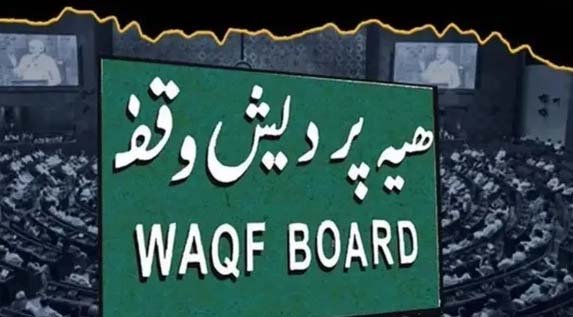The Central Government has officially notified the Unified Waqf Management, Empowerment, Efficiency and Development Rules, 2025, marking a significant move toward digitizing and streamlining the management of Waqf properties across the country.
The newly notified rules provide the operational framework for several key aspects of the Waqf (Amendment) Act, 2025, including the creation of a centralized portal and database, audit mechanisms, and guidelines for the maintenance of accounts related to Waqf assets.
Under the new rules, each Waqf property across India will now be assigned a unique identification number through an automated system within the centralised portal. This unique ID will serve as a permanent reference for tracking, managing, and resolving disputes related to Waqf properties.
The Joint Secretary in the Ministry of Minority Affairs will have oversight of the portal’s operations and the national Waqf database. Mutawallis (custodians of Waqf properties) will be required to register themselves and the respective properties using their mobile number and email address on the platform.
In case of complaints regarding wrongful declaration of any property as Waqf, the rules stipulate that the matter must be investigated and resolved within one year from the date of reference by the District Collector. This provision aims to bring clarity and legal accountability to property ownership and registration.
The development comes after the Union Ministry of Minority Affairs sent the drafted rules to the Ministry of Law and Justice for review. The move is part of the implementation roadmap for the Waqf (Amendment) Act, 2025, which was passed by Parliament in April and has faced considerable legal and public scrutiny. The Supreme Court has reserved its verdict on a batch of petitions challenging various provisions of the law.
The next key step will involve drafting model rules for states, which can be tailored to local needs. A committee of retired legal officers and subject experts will be constituted to develop the state-level frameworks.
To facilitate state-level implementation, each state government will be required to appoint a Joint Secretary-rank officer as the Nodal Officer. This officer will coordinate with the Centralized Support Unit to ensure seamless data integration, property audit, and financial reporting.
The portal is expected to not only increase transparency in Waqf property management but also prevent encroachments, fraud, and mismanagement—issues that have historically plagued the Waqf system in India.
The Monsoon Session of Parliament, beginning July 21, is likely to see further discussion and potential amendments related to the Waqf Act.



